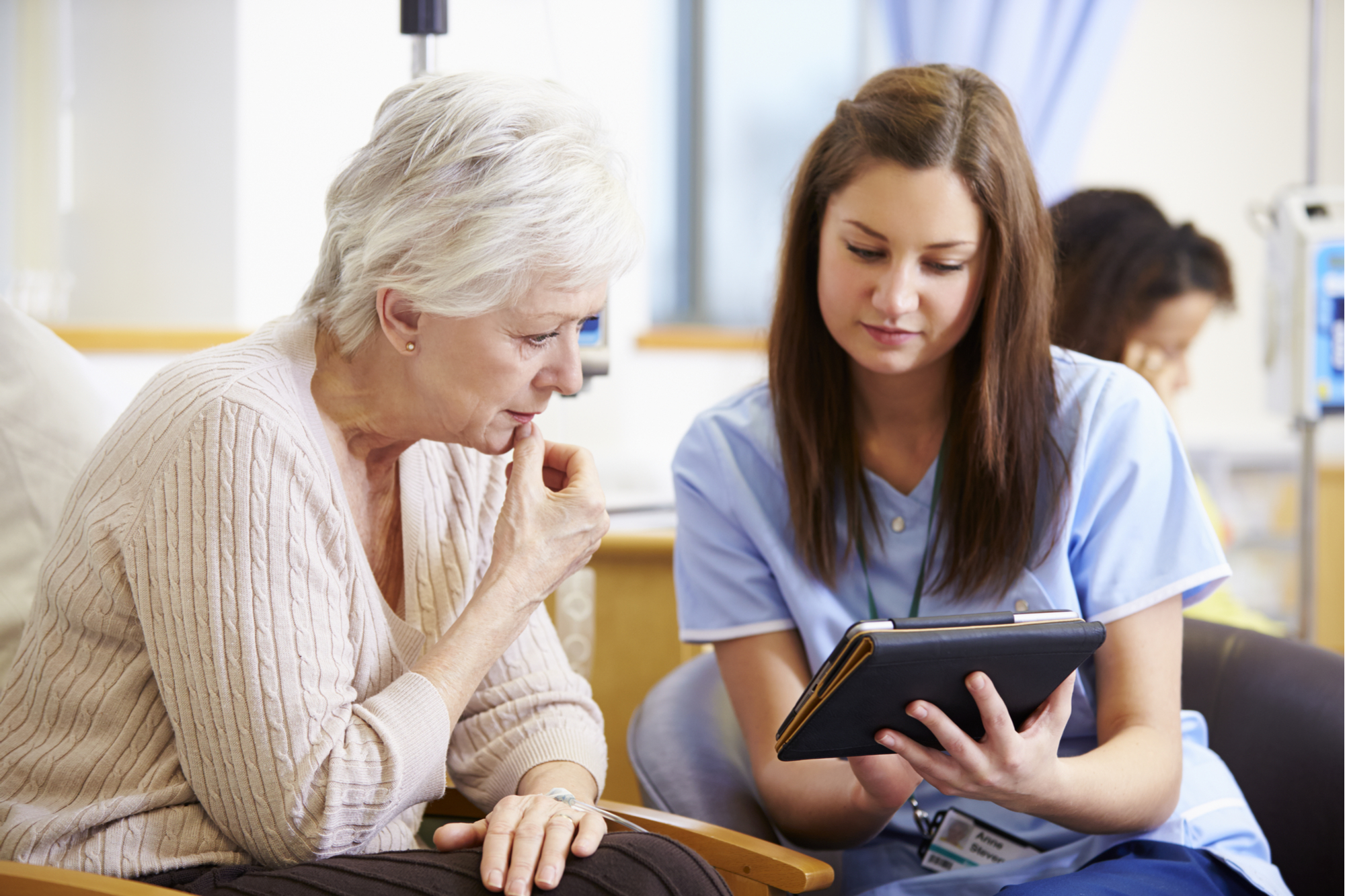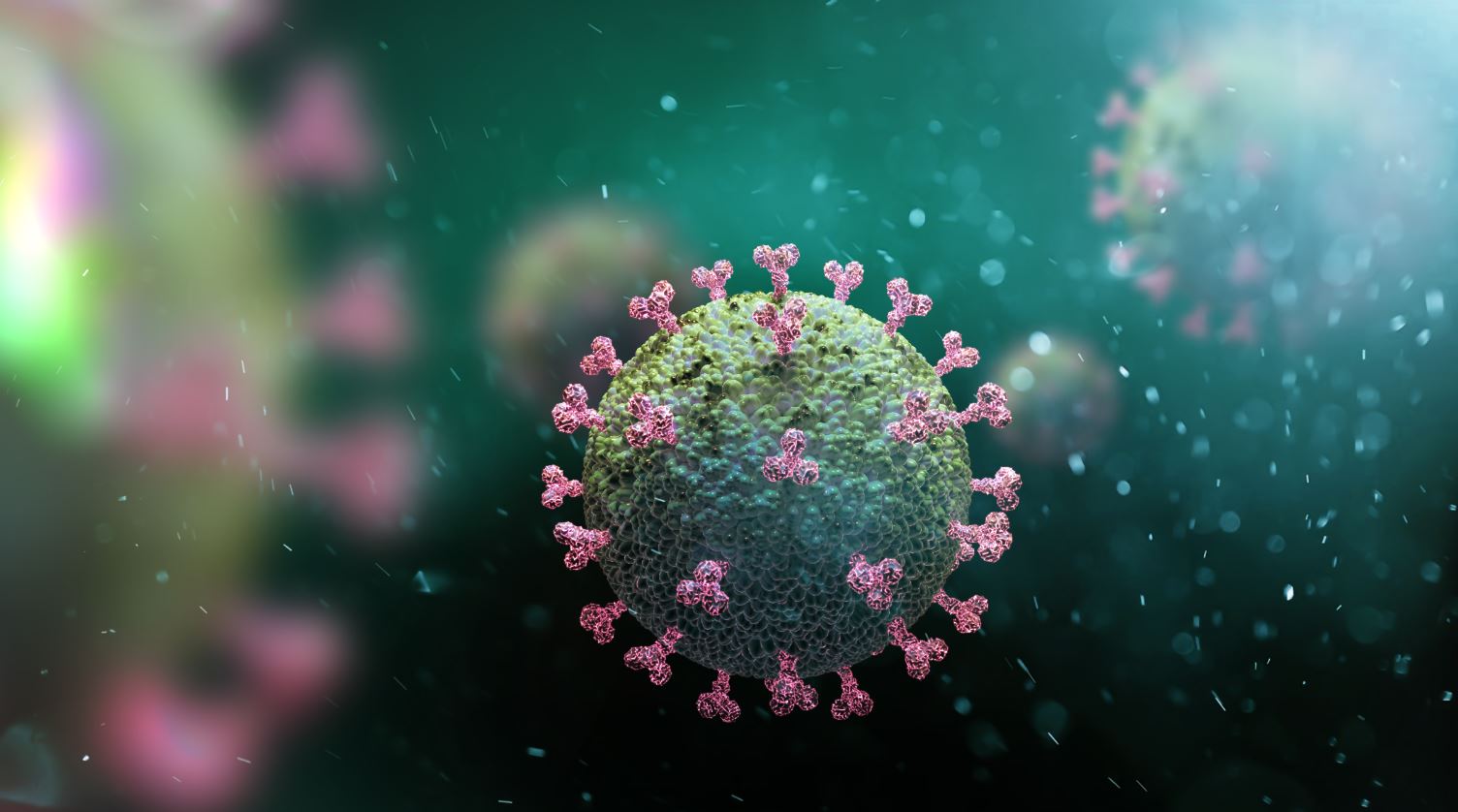Clinical trial testing ancient cold remedy for COVID-19 now open across the UK
30 September 2020
Researchers at the University of Edinburgh and BREATHE, the Health Data Research Hub for respiratory health, are seeking volunteers across the UK to take part in a clinical trial testing whether gargling and nasal washing with salt water can reduce the early symptoms and progression of COVID-19.
Nasal washing and gargling with salt water has been used as a cold remedy for centuries in India, where it’s known as jala neti or nasyam. It was also used in the West as a preventive measure against the flu and other respiratory infections in the early 20th century but fell out of favour.
The group recently identified the mechanism used by epithelial cells (such as those lining the nose and throat) to fight viral infections. These cells make use of chloride ions to fight viral infections, and supplying the chloride ion through salt, helps the cells clear the infection.
Previous research has shown that nasal washing and gargling with salt water (a way to supply the cells with the chloride ion) can reduce the duration of the common cold by an average of 1.9 days, along with reduction in viral shedding and transmission within households.
Although common colds are often caused by coronaviruses, it is currently unknown whether the treatment is effective against the SARS-CoV-2 coronavirus that causes COVID-19.
Led by Professor Aziz Sheikh, Dr Sandeep Ramalingam and Professor John Norrie at the University of Edinburgh and financially supported by BREATHE, the ELVIS-COVID-19 Study is putting this idea to the test by recruiting 400 volunteers across the UK for a randomised clinical trial.
The study is carried out entirely online, with simple items that most people will already have at home. Anyone who is interested in taking part in the study should sign up online within 48 hours of experiencing new symptoms of COVID-19, including cough, fever or loss of smell or taste. They will then be randomly allocated to one of two groups.
People in the first group (intervention) will be given video instructions and asked to carry out nasal washing and gargling up to 12 times a day, depending on the severity of their symptoms. The second (control) group will be asked to carry on with their regular healthcare, without any nasal washing or gargling.
Both groups will be asked to complete short online daily diaries every morning, asking about any symptoms in the past 24 hours and how they feel compared with the previous day. Finally, participants are asked to fill in another questionnaire 14 days after starting the study or when they feel well again, whichever comes sooner.
The researchers will then compare the data from the nasal washing and gargling group with the second control group to see if there are any differences in the duration and severity of their symptoms.
Data on location of people reporting symptoms to the ZOE/Kings College London COVID-19 Symptom Study app, following analysis by members of the BREATHE hub, helps the team to target recruitment via social media to new hotspot areas across the UK.
Professor Aziz Sheikh, Director of BREATHE and the Usher Institute at the University of Edinburgh said,
“We urgently need to find out whether this cheap and simple intervention is effective against COVID-19 ahead of the coming winter. In the absence of a cure or vaccine, this could be a powerful way to reduce the impact of COVID-19 which could be quickly rolled out across the UK and beyond.”
Dr Sandeep Ramalingam, a consultant virologist with the NHS and an Honorary Clinical Senior Lecturer at the University of Edinburgh, said,
“I’ve used nasal irrigation and gargling for the common cold for around 15 years. It’s a very simple intervention, requiring only salt, water and knowledge of the technique, so it should be easy to implement widely if we find that it works.”
Professor Andrew Morris, director of Health Data Research UK, said,
“The ELVIS trial is a great example of digitally-enabled clinical trial that can be done entirely at home anywhere in the country, helping to keep participants and researchers safe while carrying out vital clinical research to help us tackle the COVID-19 pandemic.”
To find out more and sign up for the ELVIS study, visit ed.ac.uk/usher/elvis-covid-19



